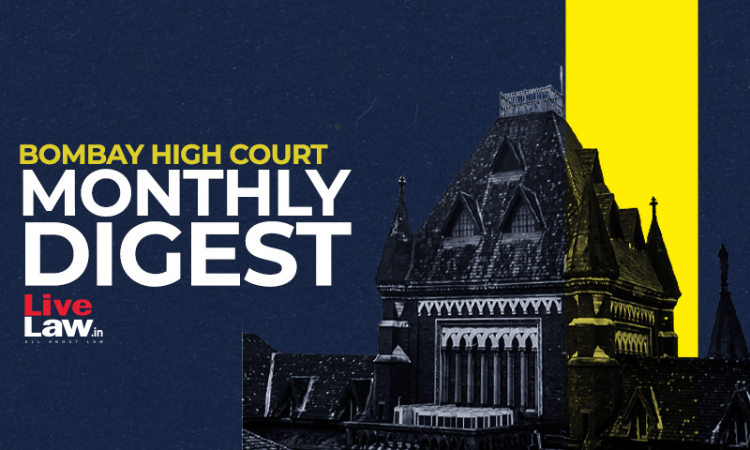Next Story
10 April 2024 11:30 AM IST
Nominal Index [Citation 118 – 175]Maharashtra State Electricity Distribution Company Ltd. v. Ramchandra s/o. Madhavrao Naik and Anr. 2024 LiveLaw (Bom) 118HDFC Bank Limited v. Kishore K. Mehta and Anr. 2024 LiveLaw (Bom) 119Mehandi Kasim Jenul Abidin Shaikh @ Mehandi Kasam Shaikh @Bangali Baba v. State of Maharashtra 2024 LiveLaw (Bom) 120G.N. Saibaba v. State of Maharashtra 2024 LiveLaw...

